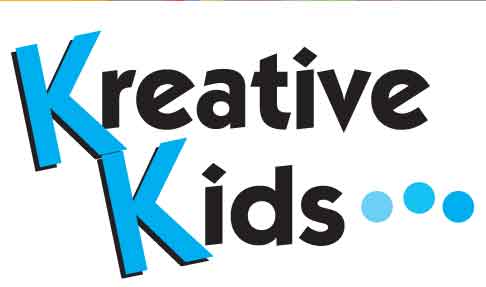Get the Best Family Activities
And I did.
I had experienced for the first time what noted meditation teacher Sharon Salzberg describes as the magic moment: The moment that we realize our attention has wandered. That’s when we have the chance to be really different. Instead of condemning ourselves, we can be gentle with ourselves.
I decided it was time to take the meditation part of the course seriously. As it turns out, it’s about learning to notice your thoughts—whatever they may be—and letting them go, over and over again. We were practicing a basic breathing meditation, which involves paying attention to your breathing. The goal is to notice every time your mind wanders (which is about every 2 seconds for me), and to make the choice to come back to your breath. It’s about having the magic moment over and over again, so we can get really good at noticing when we’ve gone off on a rant and come back.
It’s simple, but it’s not easy, because our brains aren’t designed to focus on something as boring as our breath. Our brains were designed to think, and then think some more, all the time. Evolutionarily, we survived because we were constantly scanning the environment for threats. Our brain’s default mode is to bounce around like a monkey. When we throw in kids and the demands of modern life (and technology), it’s as if we fed that monkey a sleeve of Oreos and a handful of Ecstasy.
But the monkey is not reality. The more we indulge it, the stronger and louder he gets. But if we accept that the monkey is there, say hello, and then go on with our business, we get a little distance from him. We’re able to choose how—or even if—we want to follow our thoughts.
Much to my surprise, I started meditating. A few times a week, I would sit in a chair or on a cushion, and just breathe. Some days it felt effortless and invigorating. Other days I was unable to sit for the whole time. But I kept doing it. And I kept making it a point to practice mindfulness, to choose a few moments each day, often when I was out for a walk or reading to my daughters, to just focus and be present. Of course, my mind would wander, and I would make the choice to come back to the present moment with whatever curiosity and compassion I could find.
I can’t tell you that I am now consistently calm, kind, and empathic no matter what parenting dilemma crosses my path. Far from it. I still yell at times, but it’s far less often than it was, and I am able to bounce back much more quickly. And I’m getting clarity on a number of ways in which I had strayed from what really matters in parenting: my connection with my daughters, as they truly are and as I truly am, right here, right now, in this present moment, which is where the real work of parenting happens.
Adapted from Parenting in the Present Moment by Carla Naumburg, Ph.D. 2014 Parallax Press. Reprinted with permission of the publisher.









